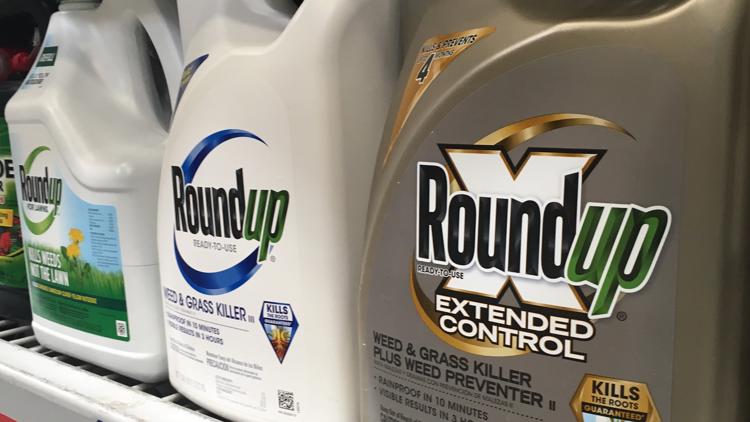Weedkiller Manufacturer Asks U.S. Supreme Court to Halt Cancer Lawsuits Over Warning Labels
The manufacturer of the widely used weedkiller Roundup has formally petitioned the U.S. Supreme Court to block ongoing lawsuits alleging it failed to adequately warn consumers about potential cancer risks associated with its product. The legal move marks a pivotal moment in a years-long legal battle that has resulted in billions of dollars in verdicts and settlements.
Bayer AG, the German pharmaceutical and chemical giant that acquired Roundup’s original maker Monsanto in 2018, is asking the high court to determine whether federal pesticide regulations preempt state-level failure-to-warn claims. The company argues that because the U.S. Environmental Protection Agency (EPA) has repeatedly concluded that glyphosate—the active ingredient in Roundup—is not a carcinogen, it should not be required to include cancer warnings on the product’s label.
In its Supreme Court filing, Bayer stated: “Manufacturers cannot be penalized under state law for not including warnings that are expressly prohibited by federal law. Allowing these lawsuits to proceed undermines the authority of the EPA and creates an unmanageable patchwork of labeling standards.”
The company is seeking to reverse a series of high-profile jury verdicts, some awarding plaintiffs tens of millions of dollars in damages after they claimed long-term use of Roundup caused them to develop non-Hodgkin lymphoma. Plaintiffs argue that Bayer and Monsanto knew of the potential health risks but failed to warn the public.
Legal experts say the Supreme Court’s decision on whether to hear the case could have far-reaching implications for product liability law and the balance between state and federal regulatory power. If the court sides with Bayer, it could shut down thousands of pending lawsuits and reshape how companies are held accountable for product safety.
Consumer advocates and environmental groups have condemned the move, saying it represents an attempt to escape responsibility through legal technicalities. “This is about a corporation trying to silence the victims and avoid responsibility for public health harms,” said a spokesperson for one of the lead plaintiff groups.
Bayer has already agreed to pay over $10 billion in settlements related to Roundup claims but has continued to fight new cases in court. The company has also announced plans to remove glyphosate from Roundup products sold to U.S. home gardeners starting in 2023, although the ingredient will still be available in agricultural and professional-use versions.
The Supreme Court is expected to decide in the coming months whether it will take up the case. If accepted, the case could become one of the most closely watched business and public health decisions on the court’s docket this term.
Source : The Canadian Press


